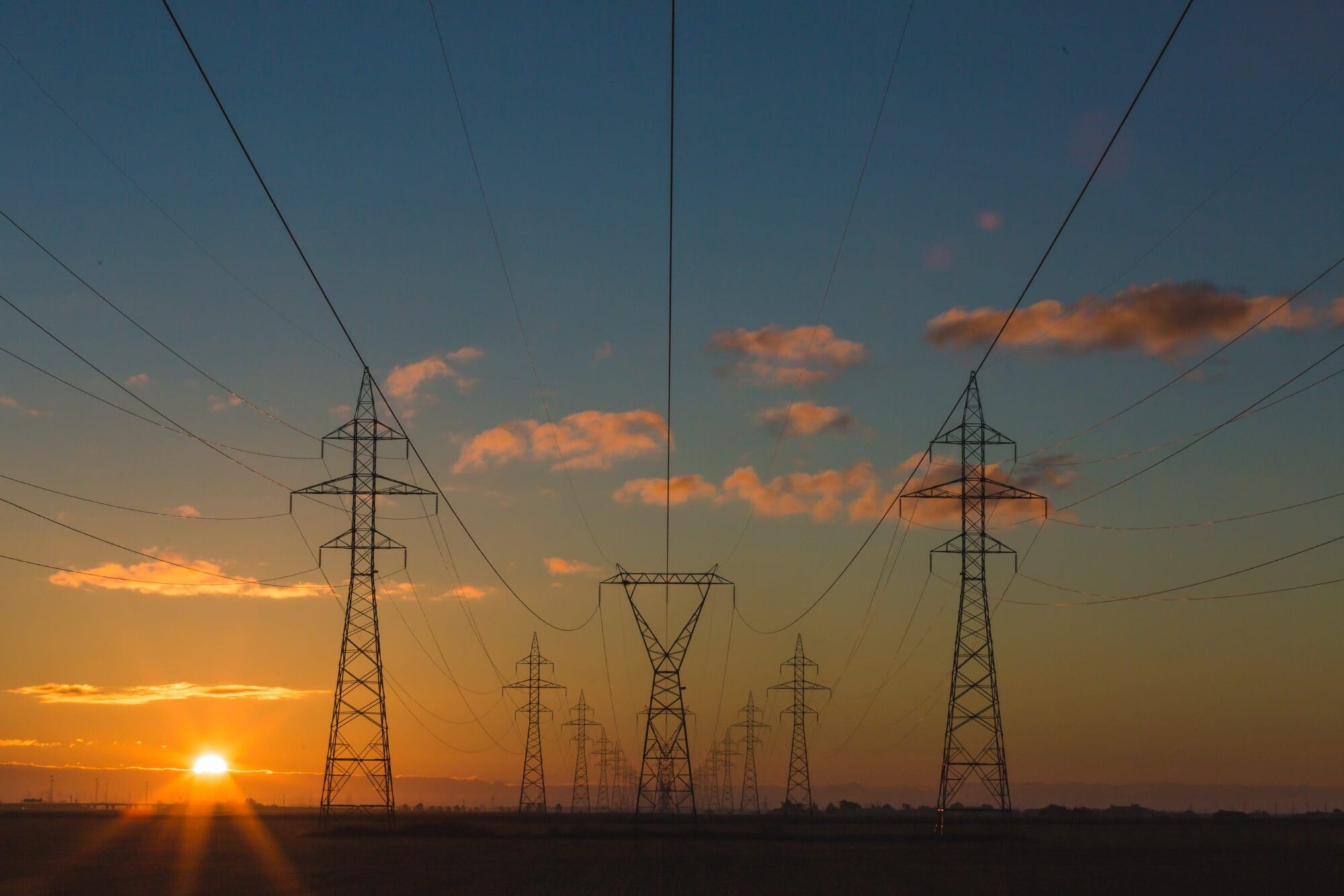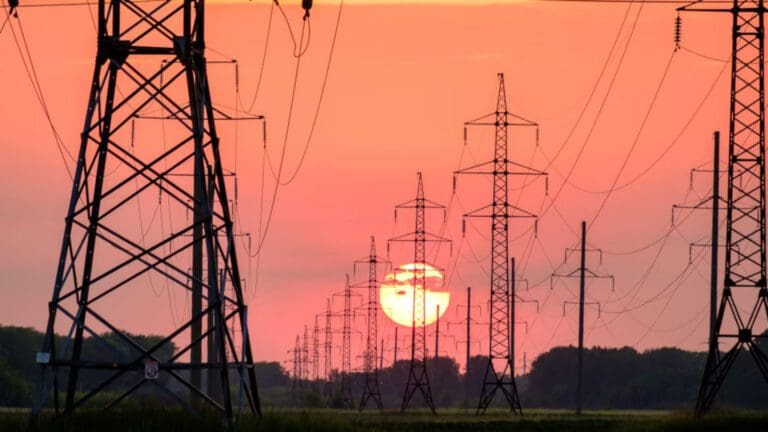Texas’ grid operator is warning of prospective deficient power reserves over the next couple of days, as energy prices continue to rise ahead of the summer season.
The Electric Reliability Council of Texas specifically stated in an April 26 notice that the grid might face the issue from April 29 at 7:00 p.m. through May 1 at 9:00 p.m. Central Daylight Time.
If necessary, ERCOT would have to delay or cancel planned plant outages and shore up available supplies by about 2,800 megawatts.
Prospective deficiencies are not guaranteed to happen, but traders start looking at prices months in advance to gauge the outlook for demand. That means even the potentiality of the deficiencies usually results in the price of energy going up.
Earlier this month, spot power prices increased by more than $4,000 per megawatt-hour after ERCOT warned of a similar potential emergency, which did not even occur.
Luis Luego, head of ERCOT trading at Mercuria Energy America, said at the Gulf Coast Power Association Spring 2024 Conference in Houston that energy prices could be “underpriced” if “we get a summer like last summer.”
From April 9 through April 28, statewide rates jumped 10.5 percent—from around $0.068 per kilowatt-hour to $0.076 per kilowatt-hour.
Bloomberg Fair Value data showed that projected August power prices for Dallas rose to $168.70 per megawatt-hour—the highest level in five years by mid-April. It represents an over 80 percent jump from the year prior.
State Sen. Bob Hall (R-Edgewood) has been leading the charge in pushing Texas to invest more resources in securing its electrical grid.
In his presentation at the Citizens Defending Freedom of Williamson County’s monthly meeting on April 5, Hall called attention to the state’s decrepit energy infrastructure, insufficient to sustain things like national security.
“The power companies have never embraced technology. The electricity you get today is generated, transmitted, and delivered to you almost identical to the way it was 100 years ago,” Hall explained.
“The biggest technology change they’ve made was when they used computers to switch lines when they had a failure, rather than manual switching,” he added.
Most of Texas, unlike most U.S. states, is under its own interconnected power grid operated by ERCOT. Some exceptions include the El Paso Metropolitan Area, parts of West Texas, and a portion of the Panhandle.
No ads. No paywalls. No government grants. No corporate masters.
Just real news for real Texans.
Support Texas Scorecard to keep it that way!





